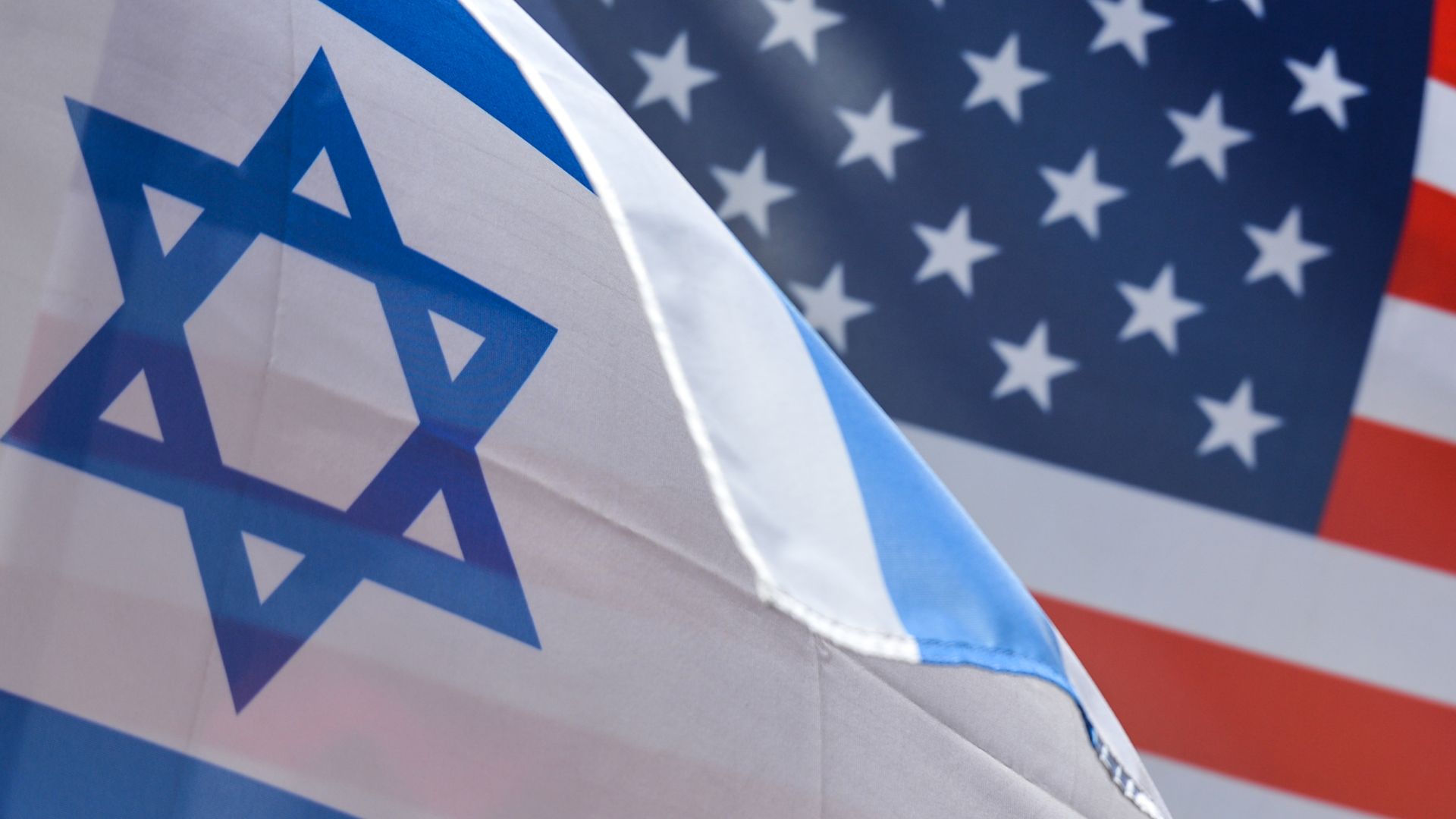U.S.-Israeli delegation secretly visits Sudan
Add Axios as your preferred source to
see more of our stories on Google.

Photo: Artur Widak/NurPhoto via Getty Images
A joint U.S.-Israeli delegation traveled secretly on Wednesday to Sudan for talks on a possible announcement on "ending the state of belligerence" between the countries that could be released in the next few days, sources briefed on the trip told me.
The big picture: President Trump announced earlier this week he is ready to remove Sudan from the U.S. state sponsors of terrorism list once Sudan pays $335 million in compensation to American terror victims.
- Trump’s announcement was part of a broader deal which also includes Sudanese normalization steps toward Israel.
The state of play: The delegation, which included senior aides to Israeli Prime Minister Benjamin Netanyahu and Trump advisers, flew directly from Tel Aviv to Khartoum in a chartered Maltese private jet and returned to Israel the same day.
- It met with the head of Sudan's sovereignty council, General Abdel Fattah al-Burhan.
- According to sources briefed on the issue, the officials on the plane included Ronen Peretz, the acting director-general of Netanyahu's office and his envoy for the Arab world. American officials included Gen. Miguel Correa, the senior director for Gulf and North Africa at the National Security Council, and Aryeh Lightstone, a senior adviser to U.S. ambassador to Israel David Friedman.
What they're saying: Secretary of State Mike Pompeo said Wednesday that the State Department had begun the process to lift Sudan's designation as a state sponsor of terror.
- Pompeo said he believes there is a firm legal basis for doing so — and that there will be enormous bipartisan consensus in Congress for such a move.
- "We are working diligently with Sudan to make the case for why that's in the Sudanese government’s best interest to make that sovereign decision of normalizing relations with Israel. We hope that they’ll do that. We hope that they’ll do that quickly," he said.
Why it matters: The normalization deal is important to the White House also because — unlike Israel's recent deals with the UAE and Bahrain — there was a state of belligerency between Israel and Sudan for years.
- Sudan is not designated in Israeli law as an enemy state, but for decades there has been deep animosity and military confrontations between the countries. They do not have diplomatic relations and, according to Sudanese law, Sudanese nationals are not allowed to travel to Israel and could be heavily sanctioned for doing so.
The backdrop: Sudan hosted a Hamas headquarters in Khartoum for years and had a military and political alliance with Iran and Hezbollah. The Iranians used Sudan as a base for arms smuggling to the Gaza Strip and established a huge factory for long-range rockets there.
- Between 2008 and 2014, a series of airstrikes took place against Gaza-bound weapons convoys in Sudan, an Iranian weapons ship docked in Port Sudan and the Iranian missile factory in Khartoum. The Sudanese government blamed Israel, but the Israeli government never took responsibility for the strikes.
- Since 2014, Sudan's relations with Iran cooled dramatically as it started getting closer to Saudi Arabia and the UAE. It also engaged in quiet talks with Israel, which led to Israel lobbying the U.S. and European countries to give Sudan economic aid.
- After Sudan's revolution last year that led to the toppling of dictator Omar al-Bashir, the talks with Israel became more substantive as part of an effort by the country's transitional government to warm relations with the Trump administration. Last February, there was a breakthrough when al-Burhan met with Netanyahu in Uganda.
What's next: The talks between the three countries are expected to continue Thursday with the aim of organizing a phone call between Trump, Netanyahu, al-Burhan and Sudanese Prime Minister Abdalla Hamdok within days, sources briefed on the matter told me.
- A joint statement, set to be released after the call, will stress that Sudan and Israel decided to officially "end the state of belligerence" and start a process of normalization, the sources said.
